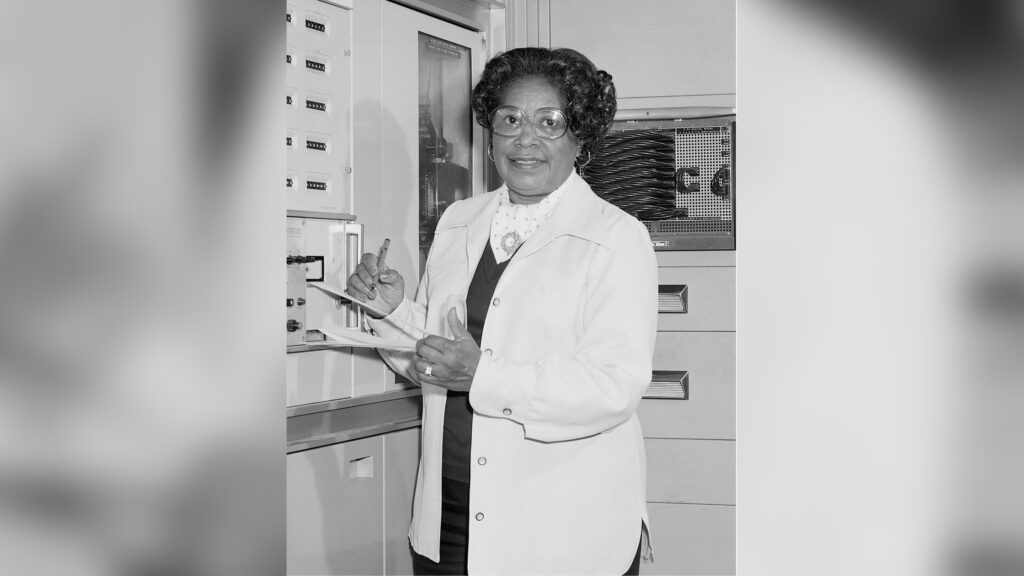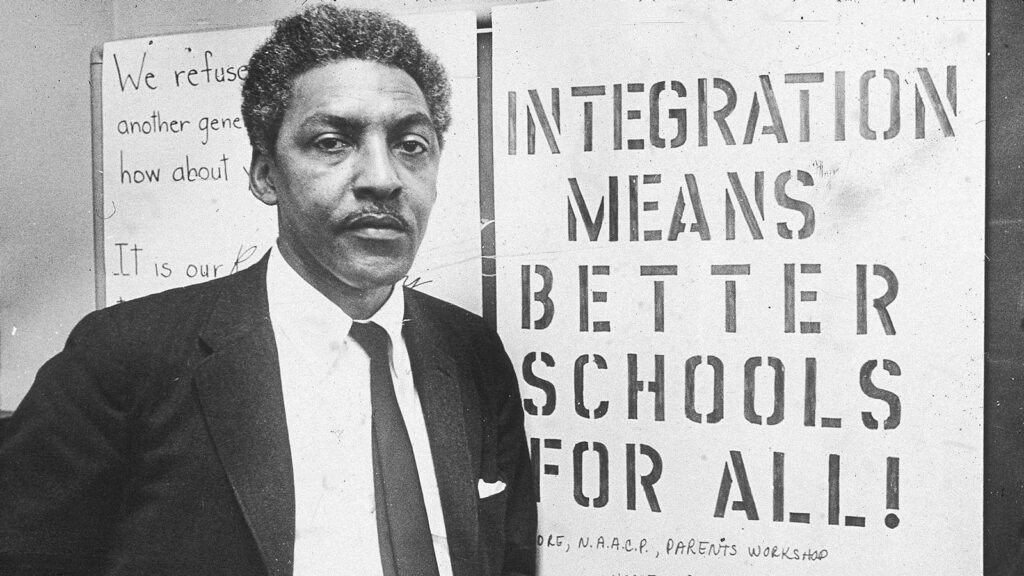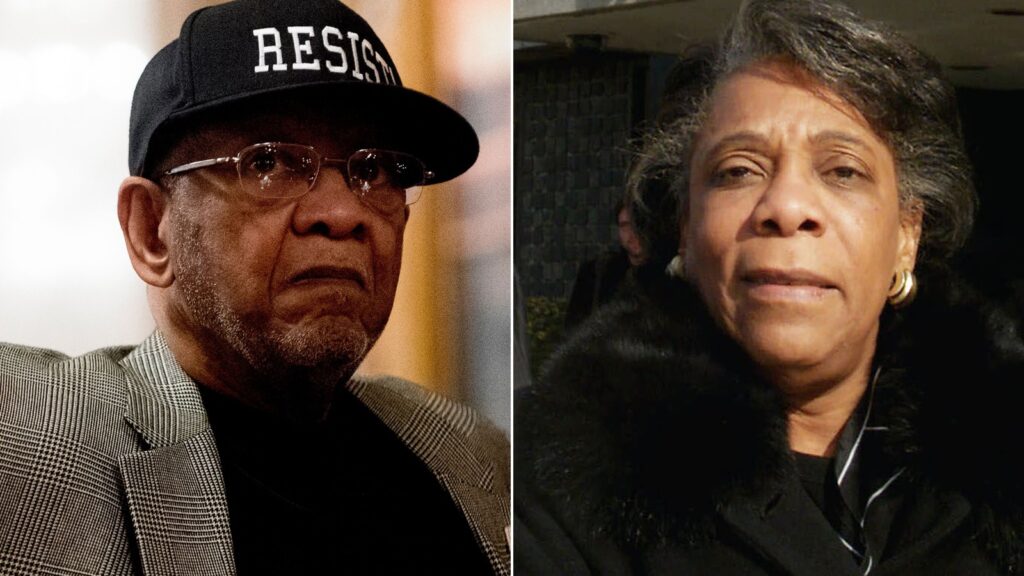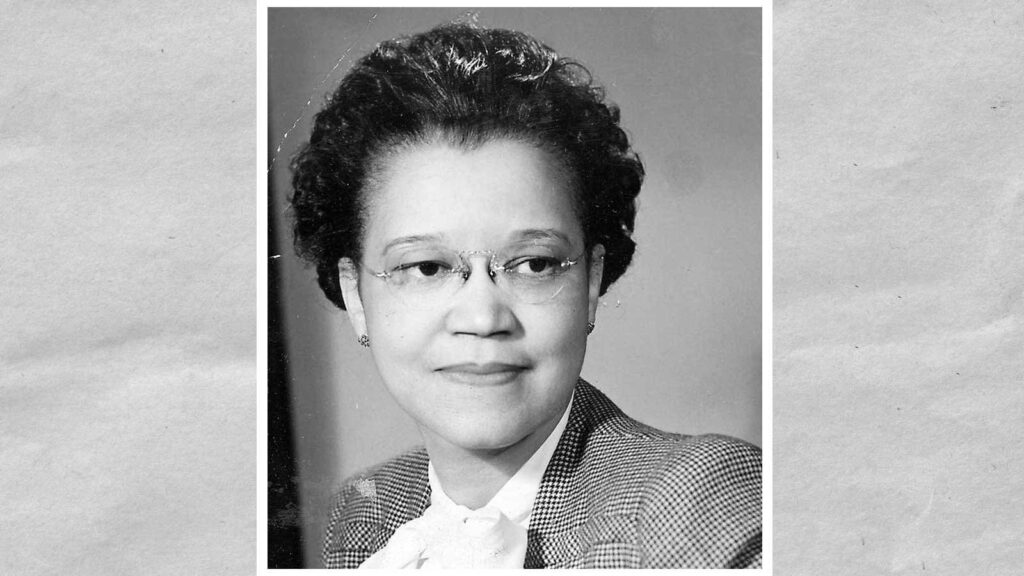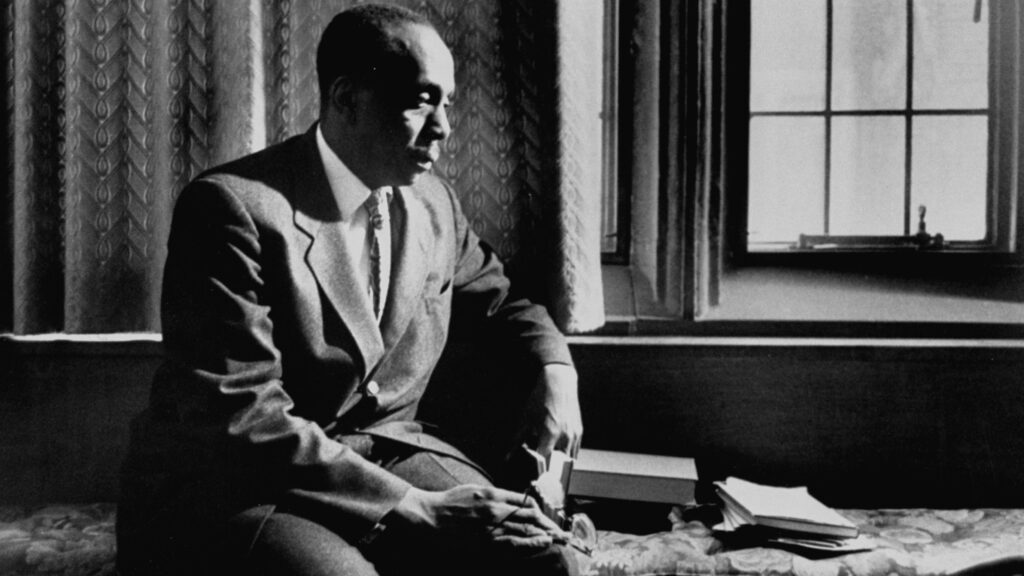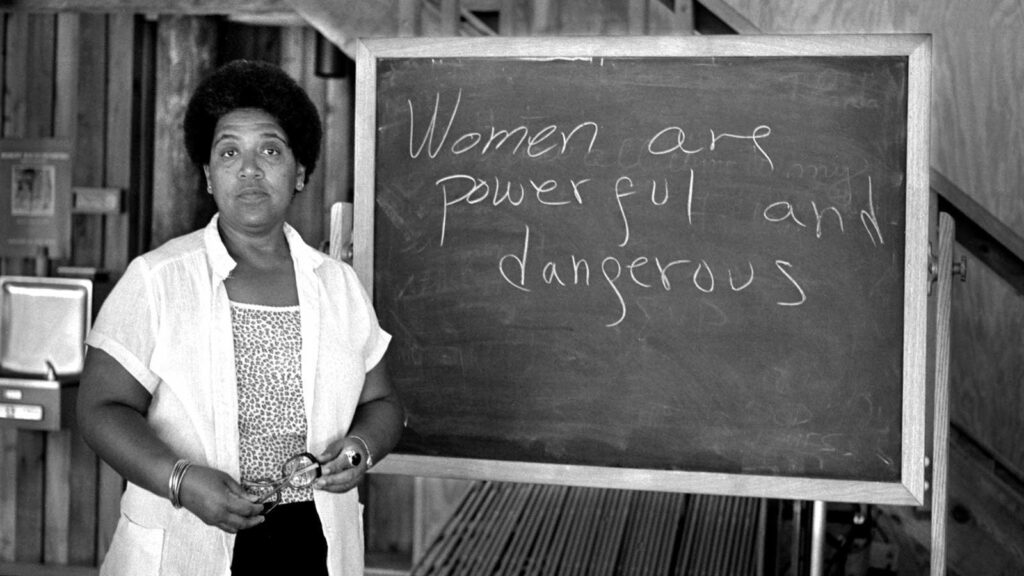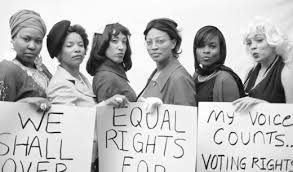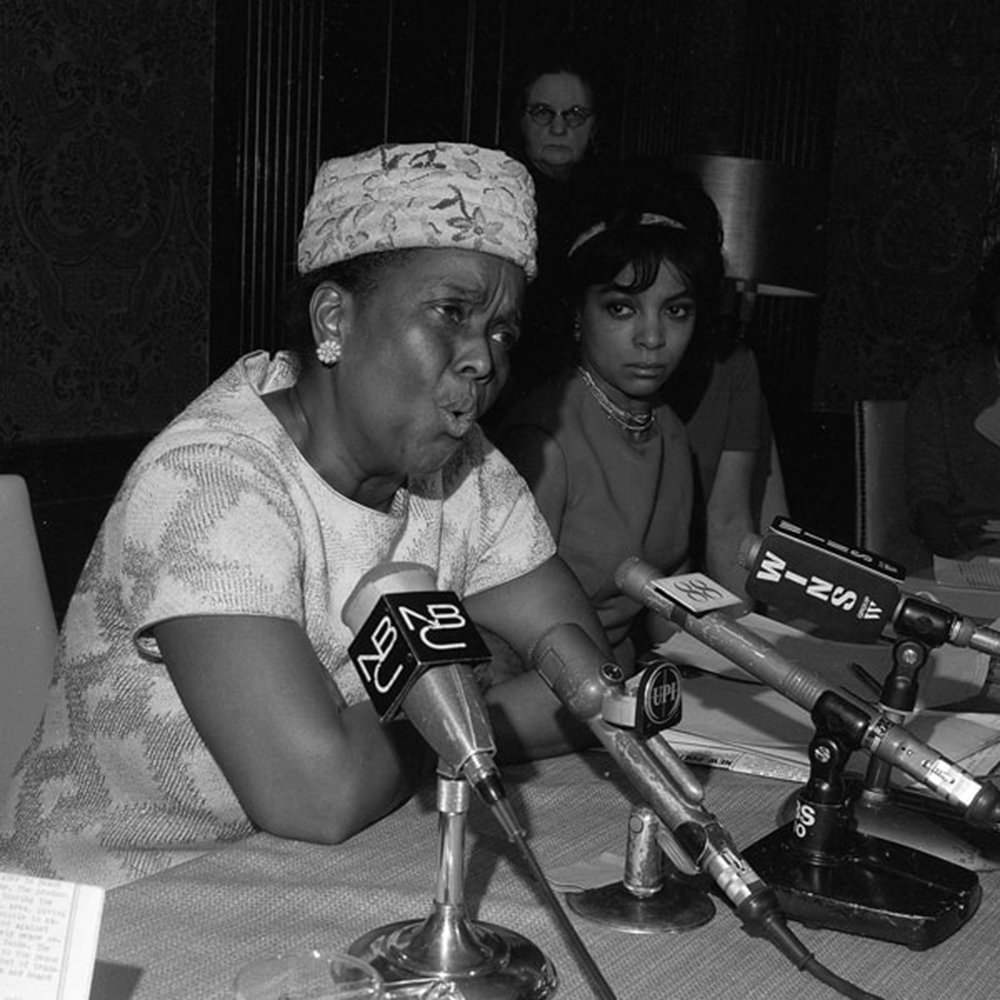NASA’s DC headquarters is being renamed for ‘Hidden Figures’ scientist Mary Jackson
By Shirin Ali and Melissa Gray, CNN The name of Mary Jackson, NASA’s first African American female engineer and one of the barrier-breaking inspirations for the book “Hidden Figures,” will officially adorn the space agency’s Washington, DC, headquarters Friday. NASA announced its decision last year to name the building in Jackson’s honor. Members of her family, including granddaughter Wanda Jackson, are expected to be at Friday’s renaming ceremony along with Acting NASA Administrator Steve Jurczyk, the agency announced. Jackson died in 2005 at the age of 83. The renaming ceremony is scheduled for 1 p.m. ET and will air live

